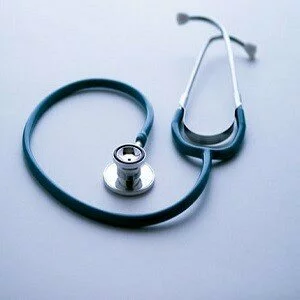1. Morning Sickness is normal in Pregnancy
Over 70 percent of pregnant women feel like vomiting in the early stages of pregnancy; in many cases this is what makes the woman suspect she is pregnant. Though called morning sickness, it could occur throughout the day and in a few cases throughout the pregnancy. This feeling of vomiting is said to be due to increased sense of smell induced by pregnancy related hormones in the blood. The situation can be worsened by fried or greasy foods and cooking aroma. Morning sickness stops after about three (3) months but in about 10 or20 percent of pregnancies it can continue throughout the pregnancy.
Mild cases can benefit from avoidance of fried or greasy foods, adequate ventilation of the kitchen when cooking, eating saltine crackers or dry cereal early in the morning. Avoid plenty of fluids in the morning and eat small frequent meals. Iron supplement could induce the feeling of vomiting, if this happens, see your doctor for possible alternatives.
Also if the vomiting is severe, see your doctor.
2. Maternal Death is more common in teenagers
Studies have shown that girls aged 15-19 years are twice as likely to die from childbirth as are women in their twenties.
Also, girls aged less than 15 years are five (5) times more likely to die from child birth than women in their twenties.
This may be due to the following reasons: teenage girls are not physically and psychologically ready for pregnancy, poor knowledge on ante–natal or lack of knowledge, poverty, neglect by family and society, poor access to healthcare system.
3. Infection of the brain is a possible complication of Ear Discharge
Possible complications include infection of the brain, infection of some bones in the head, deafness and poor development of speech/language.
The infection of the brain or some bones of the head could cause death and paralysis of the face respectively.
4. Exposure to Heat can cause fever
Heat exhaustion and Heat stroke are associated with fever. Heat Exhaustion follows
prolonged physical activity in a hot environment with inadequate water or
salt intake. Body temperature could rise up to 37.8 deg. C.
Heat stroke is far more severe than heat exhaustion. It could result from
prolonged physical exertion in a hot or humid environment without water or
salt intake. The body temperature could go as high as 40 deg. C. and there
is loss of consciousness. Heat stroke has a high mortality rate.
5. Tomatoes reduce the risk of Heart Disease
Tomatoes contain important nutrients, such as niacin, foliate and vitamin B6, that have associated with the reduction of heart diseases risk.. One study found that women who ate 7 t0 10 servings of tomato products per week had a 29 percent lower risk of cardiovascular disease than women who consumed less than a serving and a half of tomato products each week. Results were even more impressive when the women ate oil-rich tomato products.
6. Blood donation is very safe.
Blood donation is giving some of your blood for use of someone else.
Blood donation is very safe, blood donated is quickly replaced. Furthermore, a life may just depend on what you gave. Therefore try to donate blood whenever the opportunity arises.
Rapid blood loss kills within a very short period hence the need for a blood bank. This rapid loss could be due to road traffic accident, childbirth, incomplete abortion, ulcers etc.
Other conditions that could require blood transfusion include anaemia due to cancer, pregnancy, sickle cell disease and some other blood disorders. Blood donated could be given as whole blood or in parts. Because of the emergency posed by some of these conditions, a healthcare delivery system must have a National Blood Bank System. In Nigeria, the husband of every pregnant woman is expected to donate blood. Everyone who can donate blood is advised to do so as there is no substitute for human blood.




No Comments